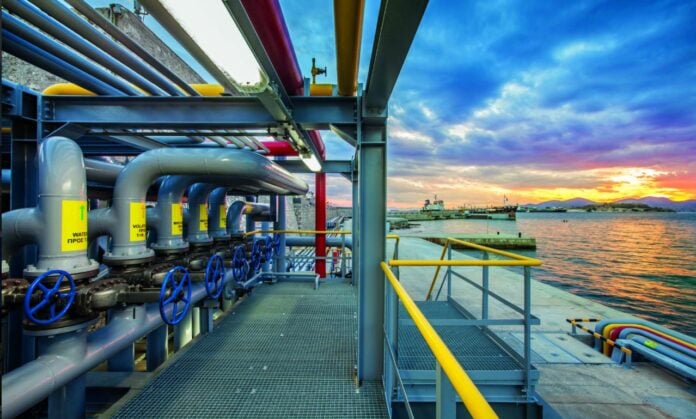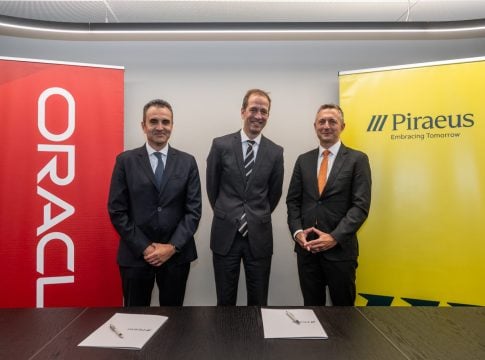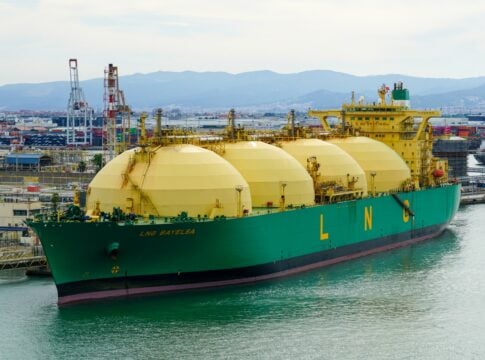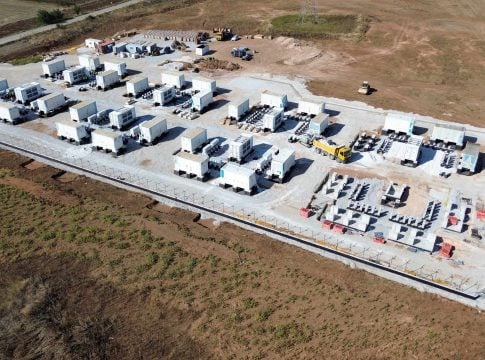The cutting-edge technology and innovation with which HEC’s plant in Piraeus converts ship waste into fuel is highlighted by the colossal German group GEA in an article featured on its official website.
More specifically, it presents HEC’s processing facility as one of the most advanced and sophisticated worldwide, GEA stated.
“At Greece’s Piraeus port, an advanced processing and recovery facility recycles ship waste oil into fuel. Equipped with GEA’s high-performance centrifuges, it sets a new benchmark for state-of-the-art, environmentally responsible port operations.”
You might think of airports and shipping ports as passive infrastructure, merely facilitating the movement of people and goods. In fact, these transportation hubs actively compete to attract business from carriers. In the shipping industry, the most successful ports excel in cargo turnover rates, multi-modal connectivity, automation, digitization and competitive pricing for fuel and other services.
A safe harbor for oily marine waste
Today, shipping companies also expect ports to provide environmental services to help them comply with increasingly stringent regulations. One crucial service is port reception facilities (PRFs), which receive, treat and safely dispose of ship-generated waste. As a key measure to reduce marine pollution, PRFs play a vital role in preventing illegal discharges of bilgewater and sludge, ensuring ships meet their obligations related to international marine pollution laws, referred to as “MARPOL” by the industry.
This is no small matter. Cargo ships typically arrive in port with large volumes of bilge water (a mixture of oil, water and other contaminants), sludge (heavy residues from fuel purification processes) and other waste oil. Roughly 2.5 million metric tons of oily waste are generated each year globally, with the European ports handling more than one million metric tons of those hard to recycle liquids per year.
At the port of Piraeus in Greece, which ranked fifth among major European container ports as of 2024, the Hellenic Environmental Center (HEC) operates a state-of-the-art waste management facility specializing in the treatment of ship-generated petroleum waste. The HEC distinguishes itself in oil sludge management through its circular economy approach, focusing on hydrocarbon recovery and waste-to-fuel conversion.















